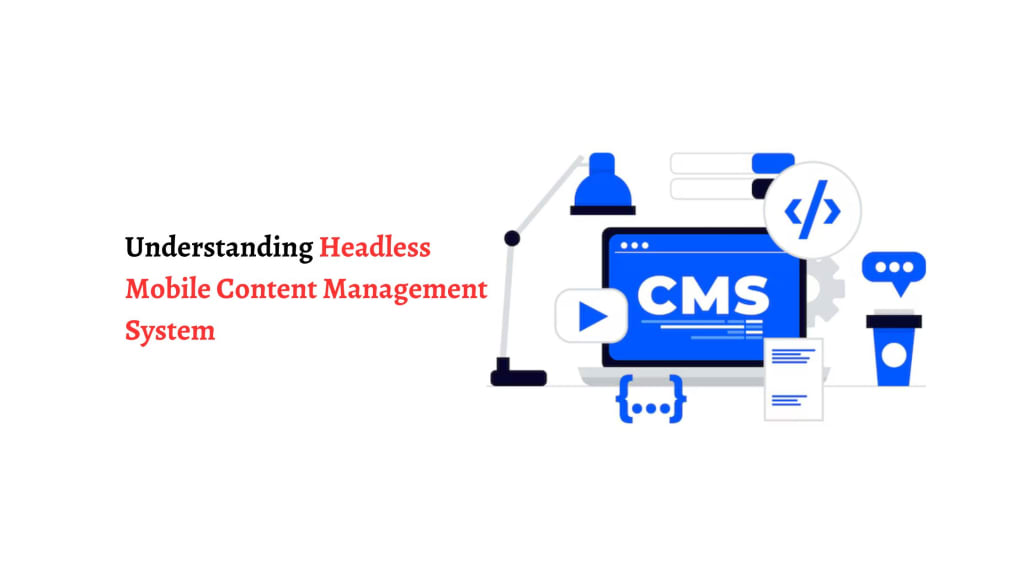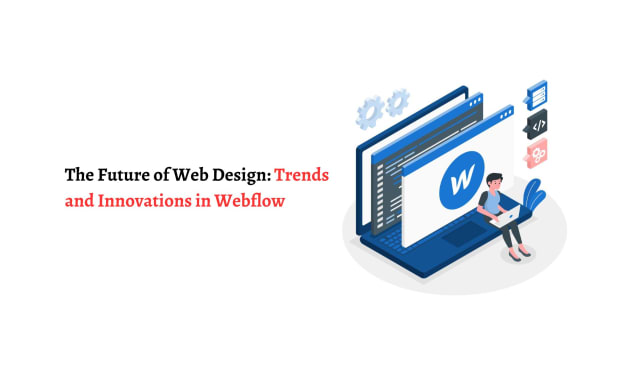Understanding Headless Mobile Content Management System
Headless Mobile Content Management System

We are living in an era where a maximum amount of content is consumed via mobile devices than a website or any other platform. Hence, businesses must invest in content management for mobile devices to ensure streamlined content delivery and a personalized experience for end users. But how can this be achieved? This is possible by choosing a robust mobile content management system. To set up a mobile content management system with your system, hire a professional CMS development company.
Now, let us learn more about the mobile content management system.
What is a Mobile Content Management System?
A mobile content management system is a type of CMS capable of storing and delivering content and services to mobile devices, such as mobile phones, smartphones, and PDAs. Mobile CMS systems may be discrete systems or exist as features, modules, or add-ons of larger CMS capable of multi-channel content delivery.
Content management in mobile devices works differently as content delivery in these devices have unique, specific constraints including widely variable device capacities, small screen size, limitations on wireless bandwidth, sometimes small storage capacity, and (for some devices) comparatively weak device processors.
Benefits of Headless Mobile Content Management System
1. Omnichannel Content Delivery
The headless content management system for mobile devices provides omnichannel content delivery capabilities that allow users not to manage a central content repository while simultaneously delivering that content to mobile devices such as mobile phones, smartphones, tablets, and other mobile devices. Content can be stored in a raw format (such as Microsoft Word, Excel, PowerPoint, PDF, Text, HTML, etc.) to which device-specific presentation styles can be applied. You can hire a professional company offering headless CMS development services to build a customized mobile CMS solution for your business.
2. Content Access Control
Access control includes authorization, authentication, and access approval required for each content. With a headless CMS, you get a built-in authentication and role-based access control mechanism to ensure end-to-end encryption and protective access to your sensitive content repository. Take Strapi as an example; it provides role-based access control (RBAC) and single sign-on (SSO) as a feature to help you determine roles and eliminate unauthorized access.
3. Customization Flexibility
With a headless architecture, you get complete control over how content is presented on different mobile devices, allowing you to customize each aspect of your content workflow. Plus, the decoupled nature of this CMS is frontend framework agnostic, meaning the company offering CMS development services can attach any preferred framework that best aligns with your requirements.
4. Centralized Content Backend
One of the best advantages of a headless mobile content management system is that it allows you to create, edit, delete, and manage content in a centralized backend repository and deliver it across all applications simultaneously. This means you don’t have to manage multiple admin panels for every application, but instead, a single source of truth for seamless content management.
5. Performance and Scalability
In the headless setting, content is delivered through APIs, which can be optimized for faster response times. The same applies to the headless mobile content management system. The API-driven content distribution reduces the time it takes for content to be displayed on mobile devices and allows for improved application performance.
Additionally, Scalability is a key advantage of headless CMS, especially for companies that face seasonal high-traffic scenarios. The decoupled architecture allows the backend and frontend to scale up and down independently, ensuring optimal performance during peak / non-peak hours.
Also read Why Should You Choose Acquia CMS For Headless Website Development?
Conclusion
The digital shift towards mobility has increased the demand for mobile content management systems. Consider the benefits shared above and invest in a robust Mobile CMS. Hire a reliable CMS development company to set up a mobile CMS for your system.
About the Creator
Enjoyed the story? Support the Creator.
Subscribe for free to receive all their stories in your feed.





Comments
There are no comments for this story
Be the first to respond and start the conversation.